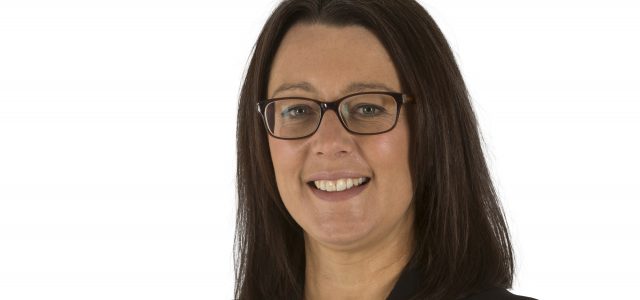
A Question Of Trust
People are often confused by Trusts and think that they are just for the very wealthy. In reality, having a Trust can be a very useful way of providing for your family and protecting assets
What is a Trust?
A Trust is any arrangement whereby someone (the settlor) gives money or assets (the Trust Fund) to a group of people (the Trustees) to look after for the benefit of another person or group of people (the beneficiaries). The settlor sets out in a Trust Deed how they want the Trustees to deal with the Trust Fund. Anything can be placed into a Trust, but it is usually money, property or shares. The Trustees are then responsible for looking after the Trust Fund for the benefit of the beneficiaries.
Who can benefit from a Trust?
Trusts can be set up to benefit anyone. They can be for specific named people or can be for a group of people. They can also be used to benefit charities and there are numerous types. These can be set up during lifetime or in a will, although some can only be set up in a will.
What are the types of Trust?
The main types of Trusts are: Bare Trust – a simple type of Trust. The Trustees hold the Trust Fund for a named beneficiary. The beneficiary is entitled to all the Trust Fund. This type is often used for children until they turn 18 or for personal injury awards.
Interest in Possession Trust – a named beneficiary has the right to receive income from the Trust Fund. Other beneficiaries will get the capital when the right to receive the income comes to an end. If set up in a will, this is known as an Immediate Post Death Interest Trust.
Discretionary Trust – the Trustees decide when to pay income or capital and to which beneficiaries. The Trust Deed will name the beneficiaries or groups of beneficiaries who could potentially benefit from the Trust.
Trusts for vulnerable people – these can be set up in lifetime or in a will for people who qualify for certain disability related benefits or for those who lack capacity to manage their own affairs. In a will you can also set up a Trust for children under 18. These Trusts have special tax consequences.
Do Trusts pay tax?
Trusts pay income tax, capital gains tax and inheritance tax. The Trustees are responsible for completing tax returns and making sure that any tax is paid. The amount of tax payable and the occasions that tax returns need to be made will depend on the type of trust.
Who can be a Trustee?
The Trustees can be anyone who the settlor trusts to look after the Trust Fund for the beneficiaries and can include the settlor. Trustees do not have to be professionals, but it can be useful to have a professional Trustee (eg a solicitor) for complex Trusts or for independence.
When should I consider using a Trust?
• If you have remarried and want to provide for your spouse and protect your assets for your children.
• If you have a vulnerable beneficiary who would not be able to look after assets for themselves.
• If you have beneficiaries who may receive state benefits and support, including long term care.
• For beneficiaries who are likely to be financially imprudent.
• If you are receiving compensation for a personal injury protecting the award in a Trust can make sure that you do not lose entitlement to state benefits and support.
• If you want to give assets away in your lifetime but do not feel that your beneficiaries are ready to receive the money yet.
What can I put into a trust?
The assets held in the Trust will depend on the type of Trust, the purpose of the trust and the needs of the beneficiaries. Anything can be held in a Trust but commonly hold property, shares, cash accounts or other investments. Trusts can hold just one item or can hold a mixture of different types of assets.
When should we take advice about a Trust?
You should take advice before setting up a Trust so that you are sure that you have the right kind of Trust for your needs and that you really need a Trust. Trustees should take advice on investing their Trust Fund and on any tax requirements. Trustees should also take advice if there needs to be a change of Trustee and before making any changes to the Trust or paying assets out of the Trust.
For more information contact Victoria Motley by email: victoria.motley@forbessolicitors.co.uk or call:
Preston Office: 01772 220022
www.forbessolicitors.co.uk

